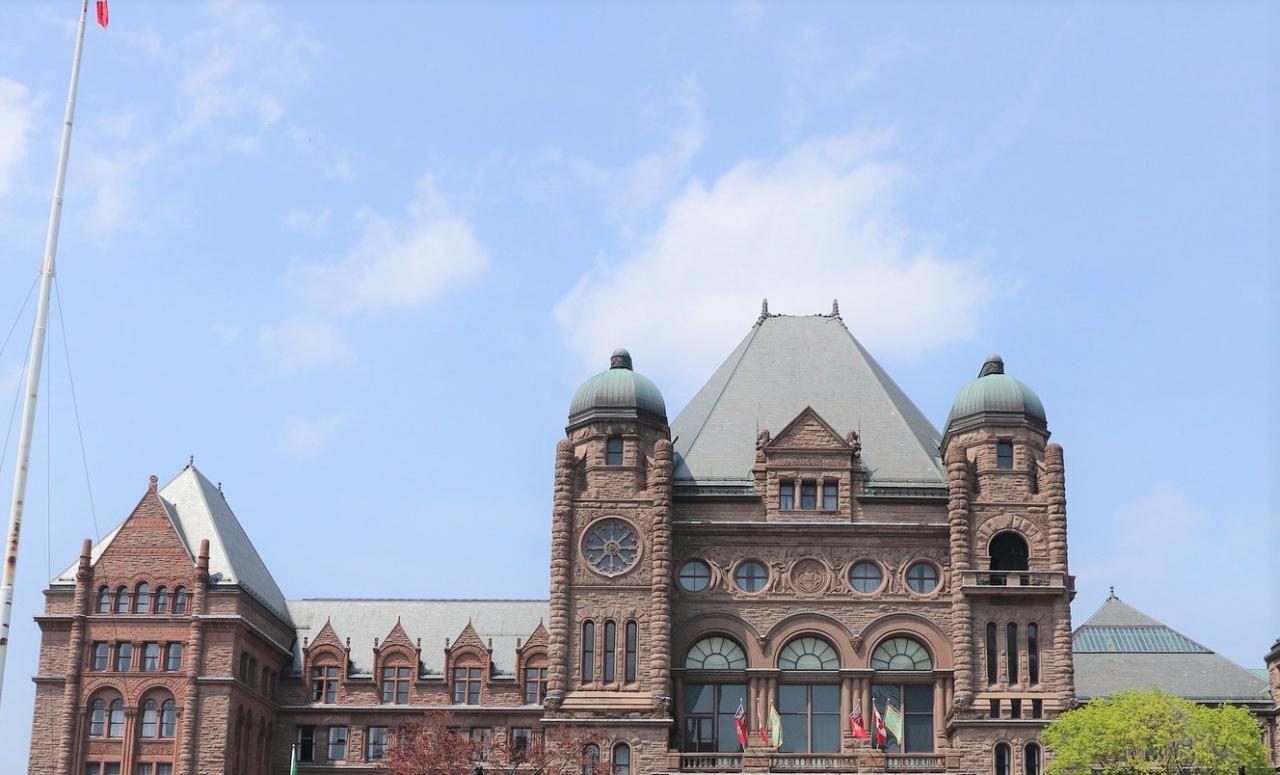
AMO’s 2022 Provincial Election Strategy
As the 2022 provincial election approaches, municipal governments in Ontario have a strong and clear message for all political parties: our success is foundational to the success of Ontario.
Municipalities in Ontario work tirelessly and effectively to safeguard the people of Ontario and the social, cultural and economic life of our province – and never more so than during this time on the frontlines of the global pandemic.
Municipalities have shown that when governments work together, as taxpayers expect them to, we can overcome serious obstacles and accomplish positive change. Looking ahead, we are eager to work in partnership with a provincial government that is committed to creating opportunity across every part of Ontario.
AMO’s 2022 Provincial Election Strategy: Advancing Ontario’s Prosperity provides the foundation for the next four years of provincial-municipal cooperation and accountability. It is objectively non-partisan, broadly focused, attainable within the provincial sphere of influence, and reflects sector-wide priorities.
The strategy sets out an eight-point plan and asks all Ontario political parties to commit to fulfilling all eight commitments and to share in AMO’s vision for economic recovery, prosperity, and increased opportunity.
AMO's 2022 Provincial Election Party Platform Tracking Chart (Updated: May 26, 2022)
The chart below describes platform promises made public to date that relate to AMO’s election advocacy or may have an impact (positive or negative) on municipal government. Throughout the election, AMO will be analyzing party commitments against our Advancing Ontario’s Prosperity lens to assess the impact of campaign promises on municipal governments. The language used to describe campaign commitments in this document may be paraphrased from the cited sources. This is not intended to be a full list of commitments made by each party. Please consult each party’s platforms and local candidate communications for the full party commitments.
1. Commit to a provincial-municipal fiscal framework that is stable, sustainable and affordable for property taxpayers
|
Progressive Conservative Party of Ontario (PCO) |
|
|---|---|
| Ontario Liberal Party (OLP) |
|
| Ontario New Democratic Party (ONDP) |
|
| Green Party of Ontario (GPO) |
|
2. Acknowledge and support municipal governments as key partners in Ontario’s economic recovery and future prosperity
|
Progressive Conservative Party of Ontario (PCO) |
|
|---|---|
| Ontario Liberal Party (OLP) |
|
| Ontario New Democratic Party (ONDP) | |
| Green Party of Ontario (GPO) | |
3. Commit to a comprehensive and integrated response to the environmental, social and economic impacts of climate change
|
Progressive Conservative Party of Ontario (PCO) |
|
|---|---|
| Ontario Liberal Party (OLP) |
|
| Ontario New Democratic Party (ONDP) |
|
| Green Party of Ontario (GPO) |
|
4. Invest in social infrastructure, infrastructure and transit that build sustainable and competitive communities and support broader participation in the economy
|
Progressive Conservative Party of Ontario (PCO) |
|
|---|---|
| Ontario Liberal Party (OLP) |
|
| Ontario New Democratic Party (ONDP) |
|
| Green Party of Ontario (GPO) |
|
5. Invest in broadband and connectivity to expand opportunity, access and economic participation in every part of Ontario
|
Progressive Conservative Party of Ontario (PCO) |
|
|---|---|
| Ontario Liberal Party (OLP) |
|
| Ontario New Democratic Party (ONDP) | |
| Green Party of Ontario (GPO) |
|
6. Adequately fund the municipally delivered provincial health and human services that underpin the social and economic wellbeing of Ontarians
|
Progressive Conservative Party of Ontario (PCO) |
|
|---|---|
| Ontario Liberal Party (OLP) |
|
| Ontario New Democratic Party (ONDP) |
|
| Green Party of Ontario (GPO) |
|
7. Implement an integrated response to mental health and addictions
|
Progressive Conservative Party of Ontario (PCO) |
|
|---|---|
| Ontario Liberal Party (OLP) |
|
| Ontario New Democratic Party (ONDP) |
|
| Green Party of Ontario (GPO) |
|
8. Work with municipalities on innovative approaches to increase the supply of affordable housing
|
Progressive Conservative Party of Ontario (PCO) |
|
|---|---|
| Ontario Liberal Party (OLP) |
|
| Ontario New Democratic Party (ONDP) |
|
| Green Party of Ontario (GPO) |
|
Other Areas of Municipal Interest
|
Progressive Conservative Party of Ontario (PCO) |
|
|---|---|
| Ontario Liberal Party (OLP) |
|
| Ontario New Democratic Party (ONDP) |
|
| Green Party of Ontario (GPO) |
|